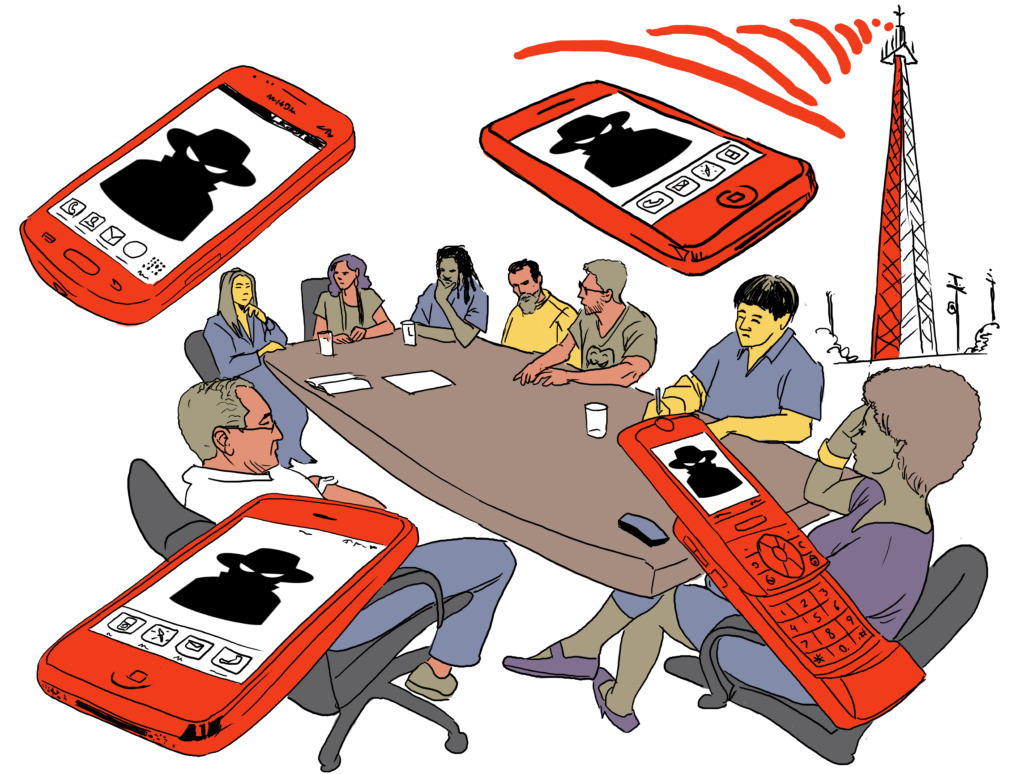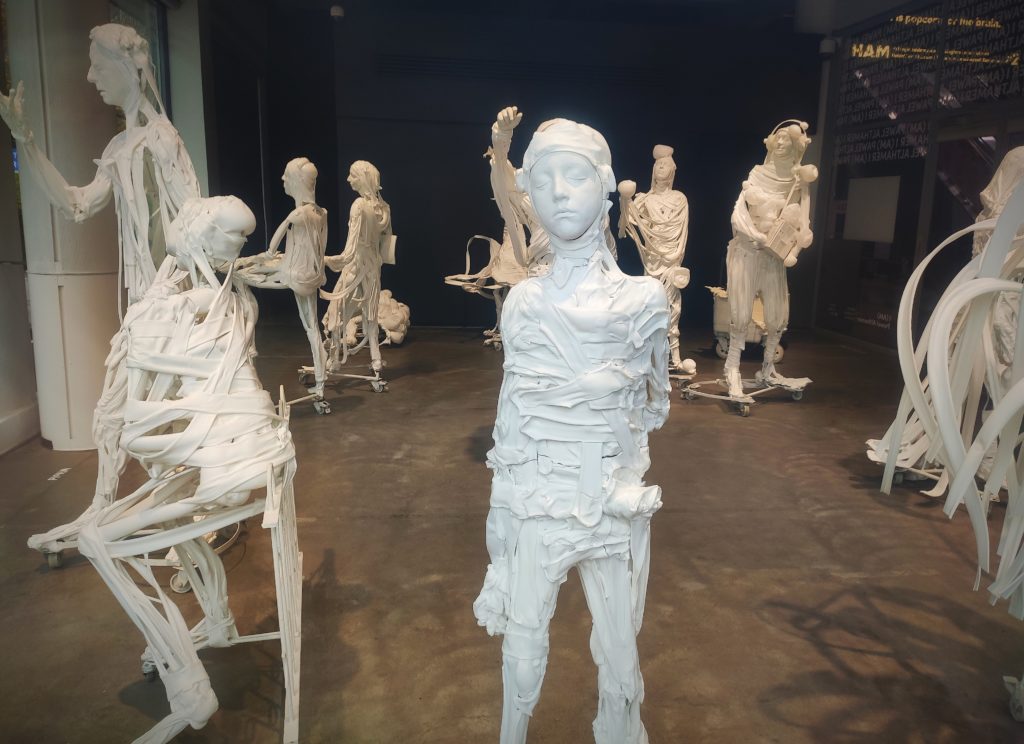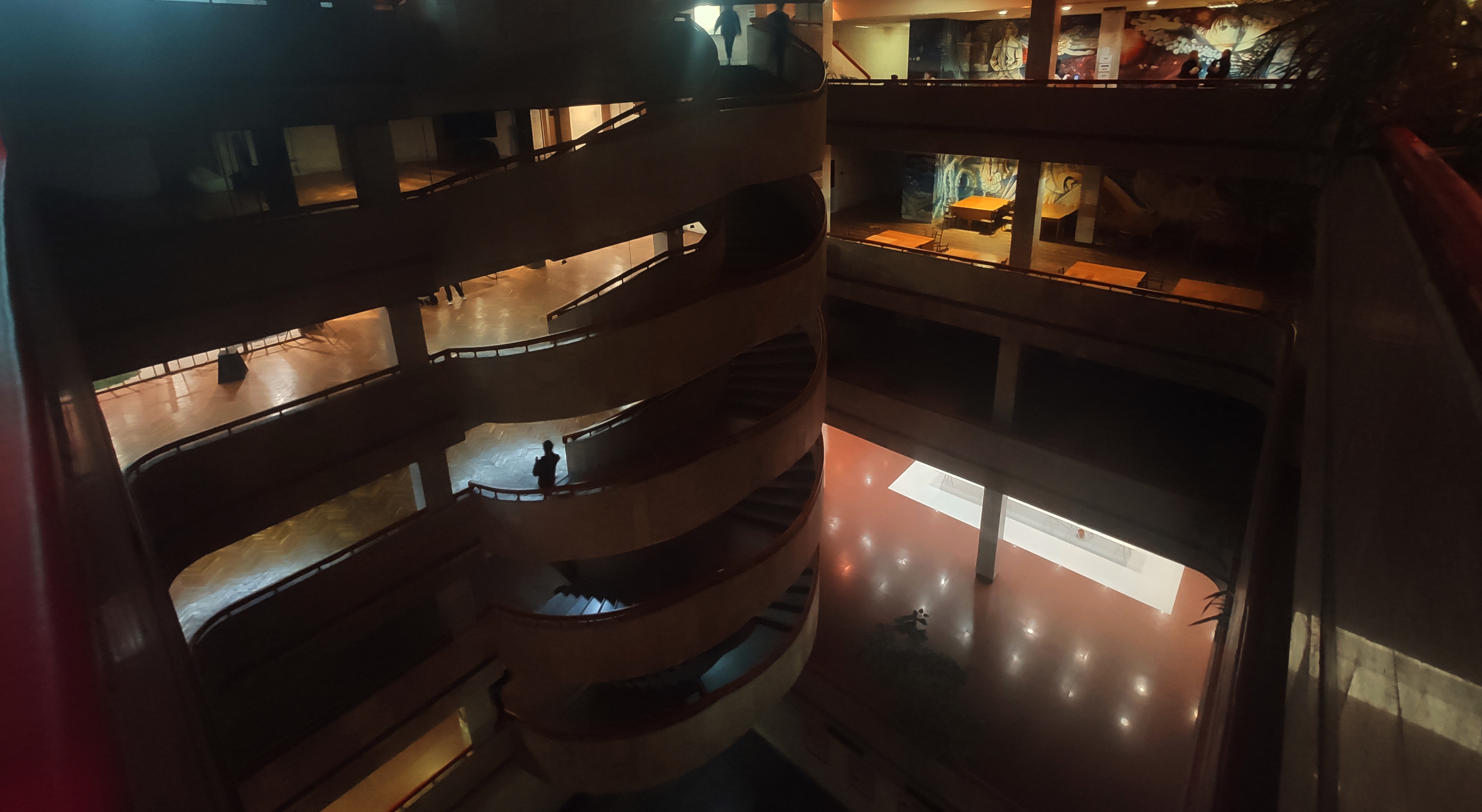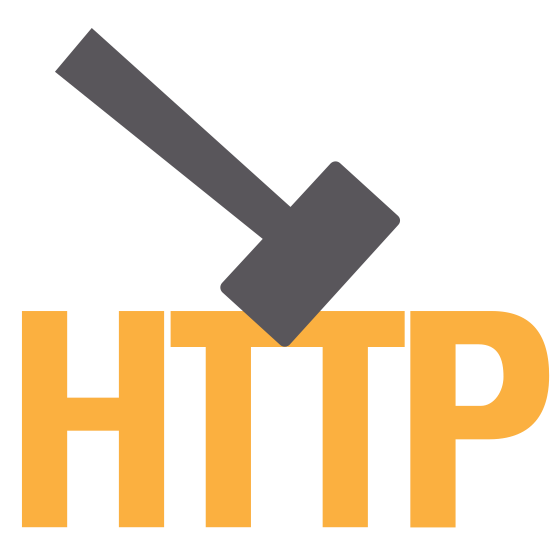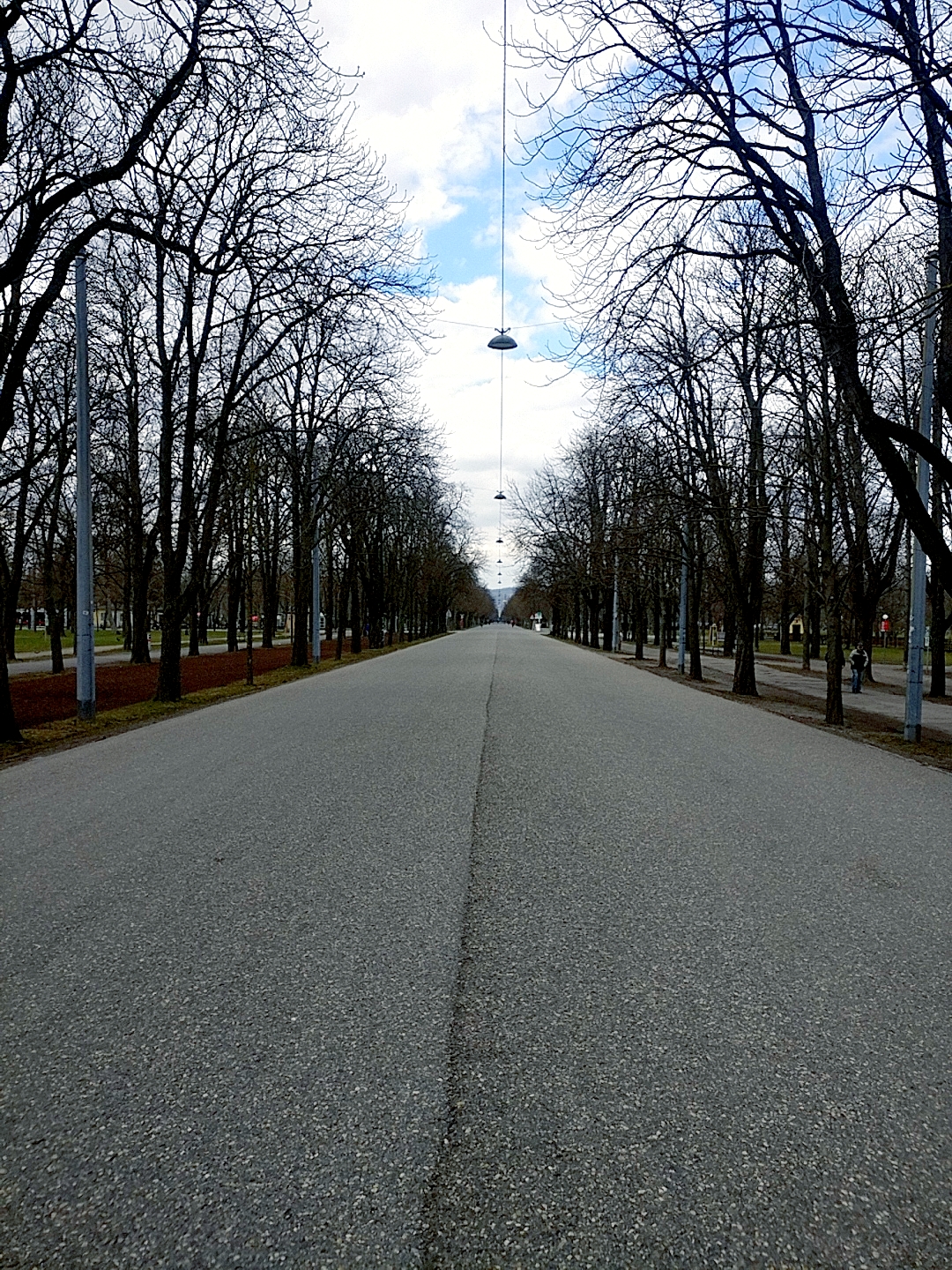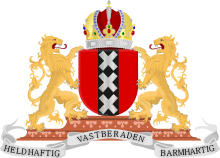Report on Public Interest Internet Infrastructure workshop held at Harvard University in September 2019
by Corinne Cath-Speth and Niels ten Oever
Introduction
Surveillance-based business model[s] force people to make a Faustian bargain, whereby they are only able to enjoy their human rights online by submitting to a system predicated on human rights abuse.
Choice words from the latest report published by Amnesty International, in which they consider the human rights’ implications of Big Tech’s extractive business model. Their conclusions are bleak; the terms of service on which we engage in social media and search are diametrically opposed to human rights. This, however, comes as no surprise to academics and activists who have been highlighting the Internet’s negative ramifications over the past decade. In this blog, we present some thoughts on the promises and perils of human rights advocacy aimed at changing computer, rather than, legal code. It draws on insights shared during a two-day workshop on public interest advocacy and design in Internet governance processes, with a particular focus on Internet standards. The workshop, entitled “Future Paths to a Public Interest Internet Infrastructure” took place in the fall of 2019 at the Harvard Kennedy School, in Cambridge, Massachusetts. It brought together 26 academics, activists, technologists, civil servants, and private sector representatives from 12 countries.
Concerns at the intersection of Internet governance and society span way beyond—or rather, below—those touching on social media, search engines, or e-commerce. They also include technologies, like Internet standards and protocols, that most of us have never seen but rely on for our day-to-day use of the Internet. The development and governance of these technologies is increasingly subject to scrutiny of public interest advocates. This is not that surprising given the history of struggles over power, norms, and values that colour the development of global communications infrastructures, like the phone, the telegraph, and Internet standards.
The advocates currently participating in governance and standards bodies are legion: they span from the American Civil Liberties Union (ACLU) to various Centres for Internet and Society, to the C-suites of tech-companies. Their theories-of-change rooted in the idea that digital technologies shape communication such that it can impede or enable the exercise of rights. Their tactics focused on direct engagement with companies, often through the technical working groups of the key Internet governance organizations. Little, however, is known about these advocacy efforts. Like the standards they focus on, these efforts are largely invisible. The ferocity of the public debates about the negative impact of the Internet on society, as well as growing condemnation of industry-led tech ethics efforts, calls for these efforts to be brought to light.
Documenting Workshop Discussions
The discussion at the workshop took us from the very top of the Internet’s stack, where our social media and search applications live, to its depths where sharks chew on Internet cables. We discussed expanding, collapsing, horizontally and vertically integrating the Internet’s stack, and even doing away with the concept all together. Likewise, we discussed what it means to do public interest advocacy aimed at changing the Internet’s infrastructure, what “public interest” entails as a concept, how different stakeholders can be effective advocates of it, and what it takes to study it. We do not aim to provide definitive answers. Rather, we will highlight three discussions that show where participants diverged and converged on their respective path(s) towards including public interest considerations in the Internet’s infrastructure.
- Pragmatism and its politics: How and when public interest advocates should team up with colleagues in the private sector or government was a crucial discussion during the workshop. It revealed that cross-industry cooperation often put the public interest advocates between a rock and a hard problem: how do you known when cooperation turns into co-optation? Many took a “pragmatist” position, acknowledging that their concerns around tech development often stemmed from core-business decisions, which they considered beyond their influence. However, they argued, this was insufficient reason to write off strategic cooperation to move the technical needle. Even if it meant much of their work was focused on treating symptoms rather than causes. The turn to pragmatism, highlighted an underlying concern. As with most social values, “public interest”, means different things to different folks. This in turn implies that public interest representatives are not only contending with difficult choices about strategic collaboration across sectors, but also within them. This tension is both irresolvable and interesting, for the debate and careful articulation of advocacy positions it requires. Which, as one participant optimistically quipped: is helpful because now at least I know where you are going and what it takes for us to get there.
- Shrinking space for civil society: Civil society organisations trying to raise public interest considerations in Internet governance are fighting on multiple fronts. Within Internet governance organisations they are contending with inherent hurdles: the power differentials between corporate and non-commercial participants, lack of civil society funding for work seen as technically opaque and difficult to explain to funders; the technical learning curve; lack of consensus among allied organisations; and the confrontational culture of Internet standardisation bodies. At the same time, they are operating in a broader context of a shrinking space for civil society. In many countries, the regulatory environment is such that it is near impossible to be an effective civil society organisation. The question then becomes how to grow and sustain civil society participation in the development of the Internet’s infrastructure in the face of internal and external pressure that limit it.
- What is the endgame? For some getting the tech right was their main concern. Other argued that this was too narrow an endgame for public interest representation in Internet governance. Focusing on the tech is necessary but insufficient. Code, the participants agreed, is not the pinnacle of societal change. In order for these interventions to have ramifications beyond their direct context they need to connect to existing work done outside of a limited number of Internet standardisation bodies. Many of the participants were actively creating these necessary connections to other technical communities, by talking to Internet Service Providers (ISP) and other Internet governance stakeholders. Yet, many agreed that ensuring the Internet’s infrastructure reflects particular articulations of “the public interest” requires policy as much as protocol intervention.
These three discussions only scratch at the surface of the conversation during the workshop. If you are interested in learning more, please see here for the full workshop report. The social movements bringing a range of public interest considerations (from civil liberties, to social justice, to human rights) to the Internet infrastructure and its governance processes, will keep evolving. Like the Internet’s infrastructure itself. This blog should thus as is good practice in academia, engineering, and activism alike, be seen as documentation of known issues and efforts at this current moment. Rather than a singular path-forward. It provides a departure point to further develop this conversation to include a broader range of stakeholders, network engaged scholars, and practitioners.
The workshop was organised by:
- Niels ten Oever, DATACTIVE, University of Amsterdam
- Corinne Cath-Speth, Oxford Internet Institute, Digital Ethics Lab, University of Oxford
- Beatrice Martini, Digital HKS, Harvard Kennedy School
We would like to thank the Harvard Kennedy School, ARTICLE19, Ford Foundation, MacArthur Foundation, Open Technology Fund, European Research Council, DATACTIVE, and the Amsterdam School for Globalisation Studies for their generous support that made this this workshop possible.





